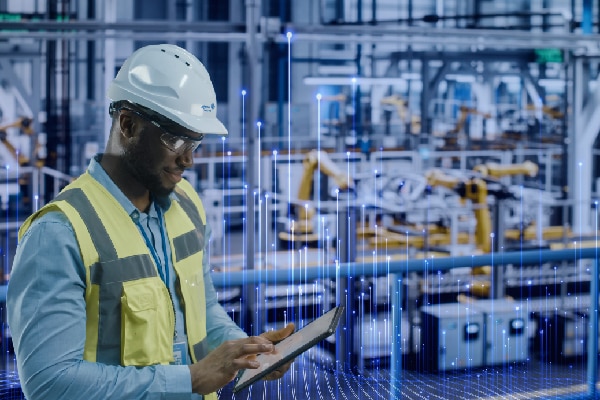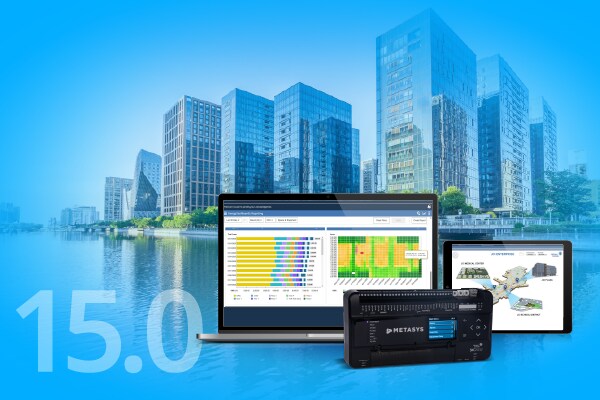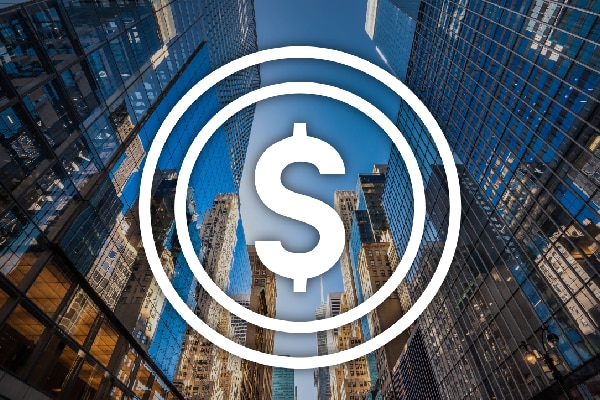- Johnson Controls
- Building Insights
- The Business Case for Sustainability: Driving Climate Action and Financial Success
The Business Case for Sustainability: Driving Climate Action and Financial Success
Buildings are responsible for nearly 40% of global greenhouse gas emissions, making them a crucial focus for climate action and sustainability efforts. For C-suites everywhere, the business case underpinning sustainability as a priority is becoming more widely understood and embraced for its numerous benefits—including reducing costs and waste while optimizing organizations.
Below we explore a few of the primary business considerations driving adoption of sustainable technologies and practices.
Aligning with Business Fundamentals
Sustainability initiatives align with core business fundamentals, such as capital preservation and investment in growth opportunities, or employee welfare and productivity—a realization increasingly embraced at the highest levels of corporate leadership.
According to Katie McGinty, vice president and Chief Sustainability and External Relations Officer at Johnson Controls, sustainability is becoming a mainstream topic in C-suite conversations, shifting from a peripheral concern to a business-critical priority. In fact, a recent Forrester study of global business leaders found widespread acceptance of sustainability as one of the three top business priorities.
“Proactive sustainability strategies can reduce operational risks, enhance brand reputation, and attract and retain the best talent. By integrating sustainability into their business models, organizations are unlocking new growth avenues to stay ahead in a rapidly evolving market,” says McGinty.
“Climate action and sustainability are now integrated into the top metrics and key performance indicators (KPIs) that CEOs expect their teams to execute against. This shift reflects the understanding that sustainability is crucial for capital preservation, shareholder demands, and a purpose-driven workforce.”
Realizing Financial Benefits
McGinty emphasizes that sustainability is not just about being environmentally conscious; it is about unlocking economic opportunities and delivering financial worth. In fact, according to KPMG research, 70% of CEOs prioritize climate action because it has proven its financial value.[1]
Despite its immense potential in terms of energy efficiency and emissions reductions, it often receives less attention than it deserves—perhaps because the savings potential is not fully understood. By implementing energy-efficient technologies and practices, organizations can significantly decrease their environmental footprint while enjoying substantial savings on energy bills.
Likewise, digitalization and data-driven solutions have revolutionized building operations, optimizing efficiency and leading to significant cost savings. By leveraging technology and analytics, organizations can identify areas of improvement, implement energy-saving measures, and reduce their carbon footprint. The results are twofold: reduced emissions and substantial cost savings.
Overcoming Challenges and Gaining Strategic Advantage
One of the challenges in driving sustainability initiatives is overcoming the perception that sustainability is a compromise. We are at a tipping point where sustainable practices aren’t just leading to positive environmental impact, but long-term financial success, and even more productive workplaces.
Smart building operators around the world are seeing the real-world strategic advantages of integrating sustainable technology. They include hospitals integrating temperature and humidity sensors capable of detecting and destroying viruses, school districts realizing massive energy savings while creating healthier environments where students can thrive, and government buildings providing critical services for taxpayers while significantly saving on the operational costs to run them. The list goes on across stadiums, airports, museums, data centers, and more.
For this critical infrastructure, reliability is paramount. The same technologies providing great energy and cost efficiency also help ensure uptime and runtime of operations, bolstering the resilience and reliability of operations. When coupled with our OpenBlue connected solutions, problems can be identified before ever creating a risk to operations. Through our remote operations center, Johnson Controls experts are monitoring your facility 24/7, mitigating the challenges of a reduced workforce and skilled labor shortage.
The bottom line: integrating sustainability goals is organizational strategy and should be a central part of business operations.
While companies may recognize the financial benefits of sustainability, many lack the upfront capital to initiate sustainable initiatives. To overcome this barrier, Johnson Controls has pioneered multiple approaches, upgrading equipment through with operating costs savings, initiatives like Net Zero Buildings as a Service, and innovative financing solutions through Johnson Controls Capital to help companies start realizing cost savings and sustainability benefits immediately, without straining their financial resources.
Johnson Controls: Leading the Way
As a comprehensive solutions provider for commercial buildings, Johnson Controls is leading by example in its sustainable practices and technologies.
Johnson Controls sustainability team works closely with the CEO and executive committee to drive initiatives and ensure sustainability is ingrained in the company's DNA. The company has committed to reducing operational emissions by 55% and product-related emissions by 16% by 2030. By embracing sustainability as a mission at every level of the organization, Johnson Controls clearly demonstrates that sustainability is not an added burden, but truly a strategic advantage that sets us apart.
As a result, the company's focus on innovation, digitalization, and data analytics has transformed its own buildings from energy-consuming burdens to flexible and agile assets that drive positive commercial and business outcomes, while offering customers the same benefits.
Looking Ahead
Fundamentally, the business case for sustainability lies in driving competitiveness, growth, and innovation. By embracing sustainability, organizations can reduce emissions, cut costs, and improve their bottom line while contributing to a more sustainable future for all.
Hear more from Katie McGinty, Johnson Controls vice president and chief sustainability and external relations officer on the business case for sustainability:








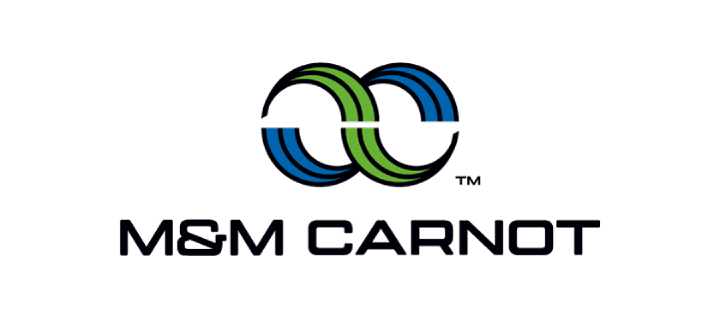








.jpg?la=en&h=320&w=720&hash=244C75B74F0F77521D56164450973BCD)

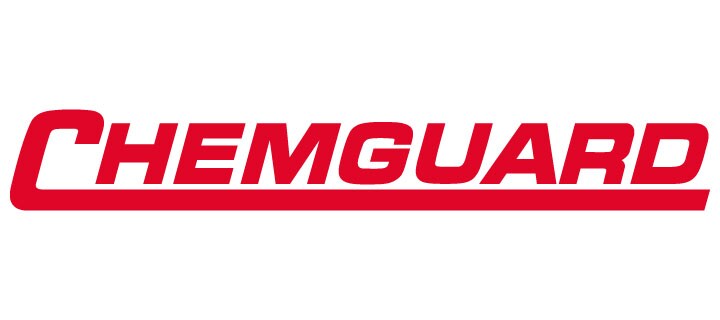
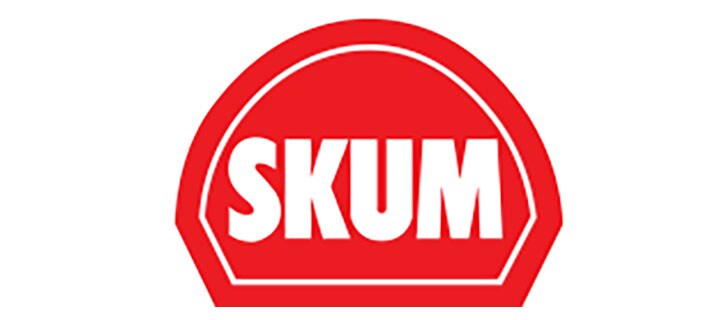


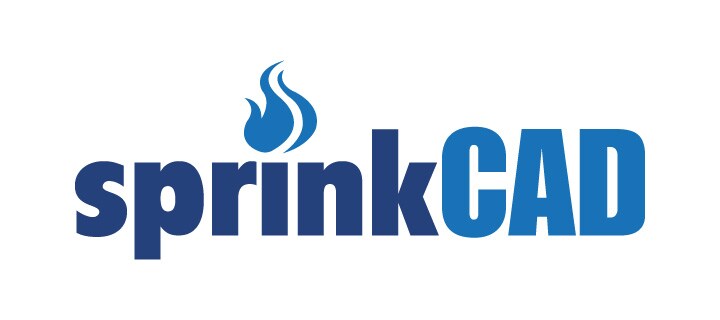








.jpg?la=en&h=310&w=720&hash=8D9823F26AA80B2B75C3E4B2E61770DC)


.jpg?la=en&h=320&w=719&hash=13CA7E4AA3E453809B6726B561F2F4DD)
.jpg?la=en&h=306&w=720&hash=F21A7CD3C49EFBF4D41F00691D09AEAC)

.png?la=en&h=320&w=720&hash=18CFCCD916C92D922F600511FABD775D)









